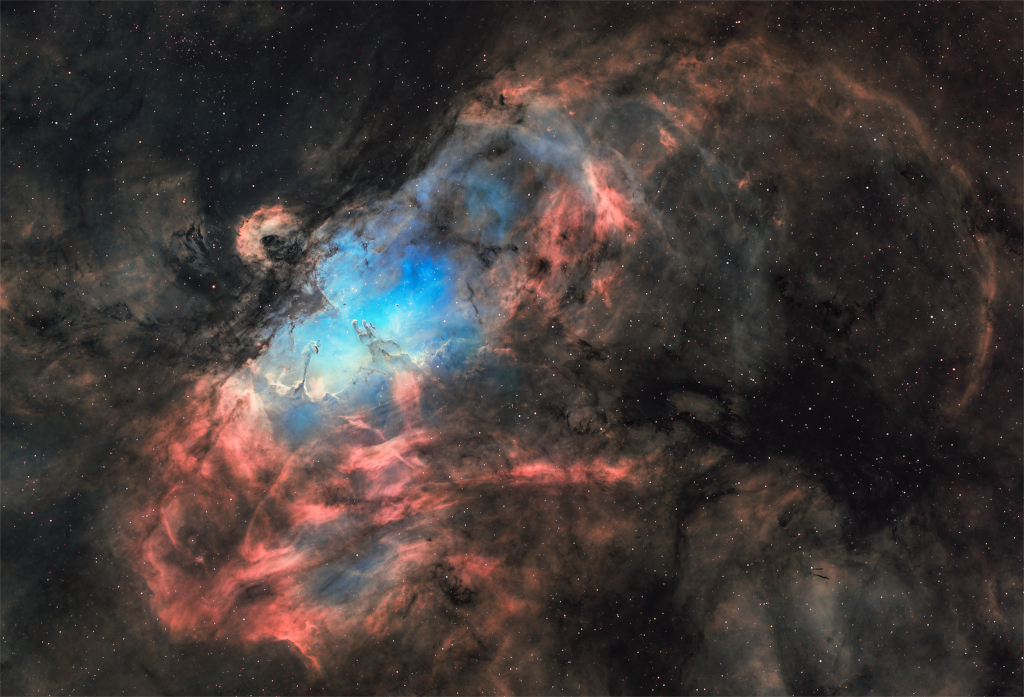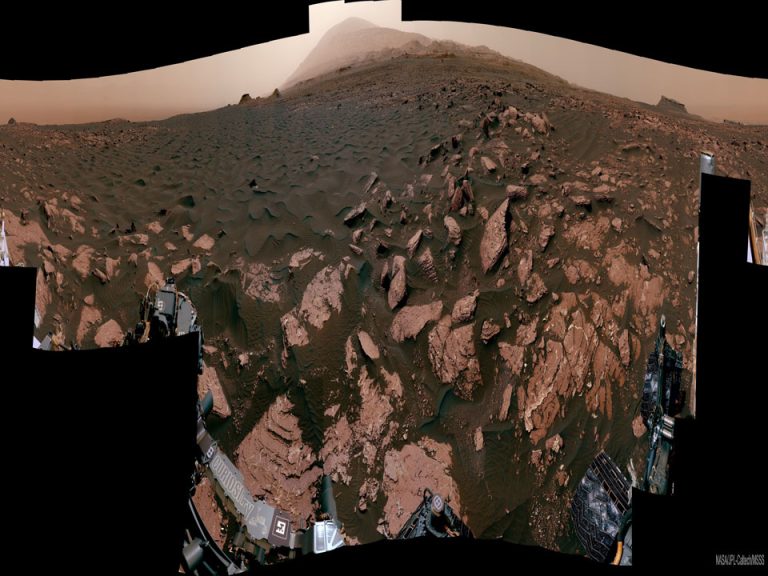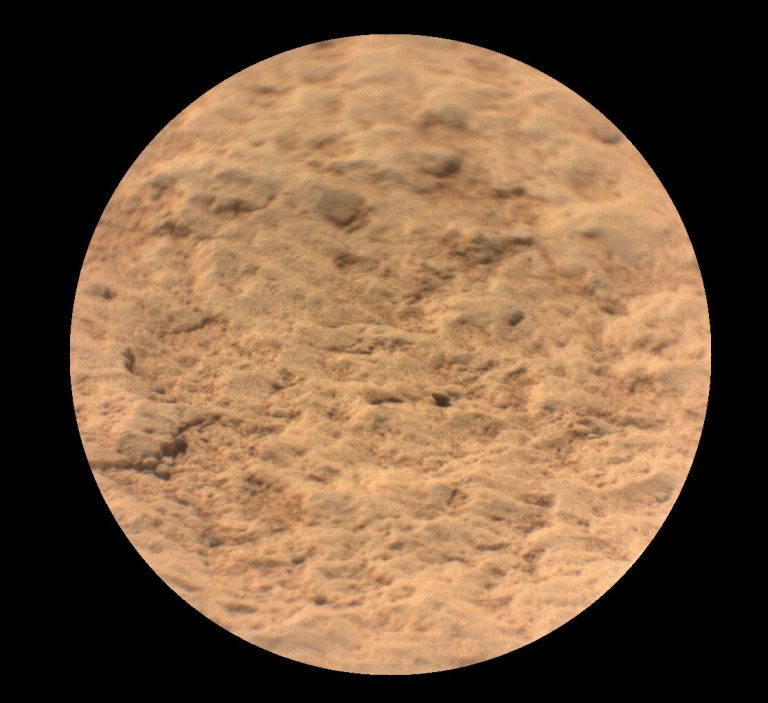2022年8月12日
Portrait of the Eagle Nebula
Image Credit & Copyright: Charles Bonafilia
Explanation: A star cluster around 2 million years young surrounded by natal clouds of dust and glowing gas, Messier 16 (M16) is also known as The Eagle Nebula. This beautifully detailed image of the region adopts the colorful Hubble palette and includes cosmic sculptures made famous in Hubble Space Telescope close-ups of the starforming complex. Described as elephant trunks or Pillars of Creation, dense, dusty columns rising near the center are light-years in length but are gravitationally contracting to form stars. Energetic radiation from the cluster stars erodes material near the tips, eventually exposing the embedded new stars. Extending from the ridge of bright emission left of center is another dusty starforming column known as the Fairy of Eagle Nebula. M16 lies about 7,000 light-years away, an easy target for binoculars or small telescopes in a nebula rich part of the sky toward the split constellation Serpens Cauda (the tail of the snake). As framed, this telescopic portrait of the Eagle Nebula is about 70 light-years across.
Tomorrow’s picture: small moon, big crater
鹰状星云
影像提供与版权: Charles Bonafilia
说明: 仍然包裹在尘埃胎衣云和明亮云气里的M16,又名为鹰状星云,是个年龄约2百万年的年轻星团。这幅采用哈勃色表的此区美丽细致影像,呈现了因哈勃太空望远镜的恒星形成复合体特写影像,而声名大噪的一些精采宇宙级雕塑。位在影像的中心长达数光年的尘埃云柱,名为象鼻或创生之柱,并在重力挤压下不断形成恒星。此外,来自星团成员星的高能量辐射,侵蚀了云柱顶端的物质,让内藏的新生恒星曝露出来。而从影像中左方的明亮云气脊伸出的一根恒星诞生尘埃柱,则拥有鹰状星云仙女之令名。 M16和鹰状星云离我们约有7,000光年远,位在分叉巨蛇座星云群聚的尾部,是用双筒望远镜或小型望远镜轻易可见的天体。上面这幅鹰状星云的望远镜影像,涵盖宽约70光年的区域。
明日的图片: small moon, big crater







